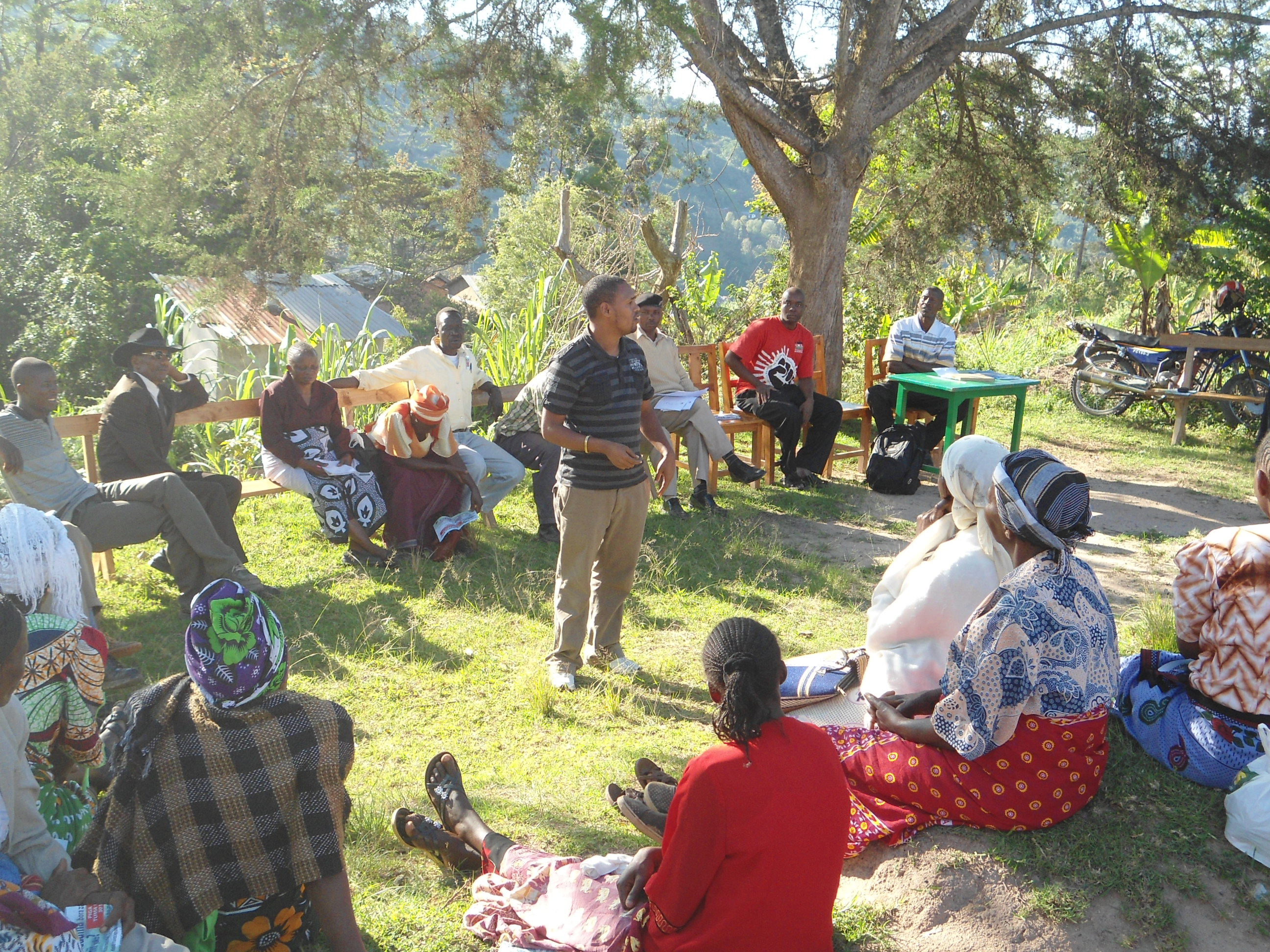This profile is part of a series looking at how data is being accessed and used in developing countries
Wolde’s demand for data and information
“It is about giving parents and their children a feedback mechanism to have their voices heard and it is a means to hold the head teacher, teachers and School Management Committee to account.”
Wolde and his colleagues at the NTA promote accountable, effective and efficient use of public resources, working to enhance public service delivery in areas such as primary education. To hold educational authorities to account for how they are using public resources to deliver education services, Wolde needs accurate, up-to-date and disaggregated data about school performance. When he was unable to obtain this information from government sources, Wolde devised an alternative way to source the data – by supporting citizens to generate the data themselves.
In partnership with the Ministry of Education, Wolde runs the School Report Card project. Parents use the School Report Card to log details about school performance, such as children’s access to textbooks, school facilities, parental responsibility, teacher attendance and pupil discipline. By creating a comprehensive collection of citizen-generated data, there is now substantial information about the quality of education across the country.
Examples of Wolde’s Data Use
- Using citizen-generated data to improve school performance: The School Report Card is designed to be an easily accessible tool for parents to demand improved performance from teachers, head teachers and the School Board of Management. Wolde sends the assessment scores of key factors, such as toilet numbers, pupil attendance and teacher absenteeism, to key stakeholders in the education system so that officials at a district and county level can take appropriate action towards schools that perform poorly.
- Using citizen-generated data to guide education spending: Wolde uses the information from the School Report Card to identify where money is not being spent resourcefully, how educational resources are being spent by individual schools, and where educational authorities can target their finances to improve the quality of education in Kenya. This information is publicly shared via radio and television, which puts pressure on head teachers – who control school budgets – to spend money more efficiently.
Challenges to Wolde having better information
In the past, the NTA has tried to find information about schools from central government sources. However, they found that the government data was out of date on the Kenya Open Data Platform – the most recent information about primary schools was from 2008/09. They also approached contacts at the Ministry of Education but they were unable to provide the depth of detail needed for NTA to assess school performance.
The data that comes in from the School Report Cards is extensive and in hard copy format. This means that it needs to be transferred to Excel before any analysis on the data can be done. This process is time consuming for Wolde and his team, and leaves the data open to input error that potentially decreases its value. Some head teachers perceive this as being a ‘snooping’ exercise on their activities and spending, rather than seeing this as a programme for transparency and accountability. This can lead to resistance and a lack of cooperation.
Download this summary as a pdf
Download Wolde Wesa’s full story
